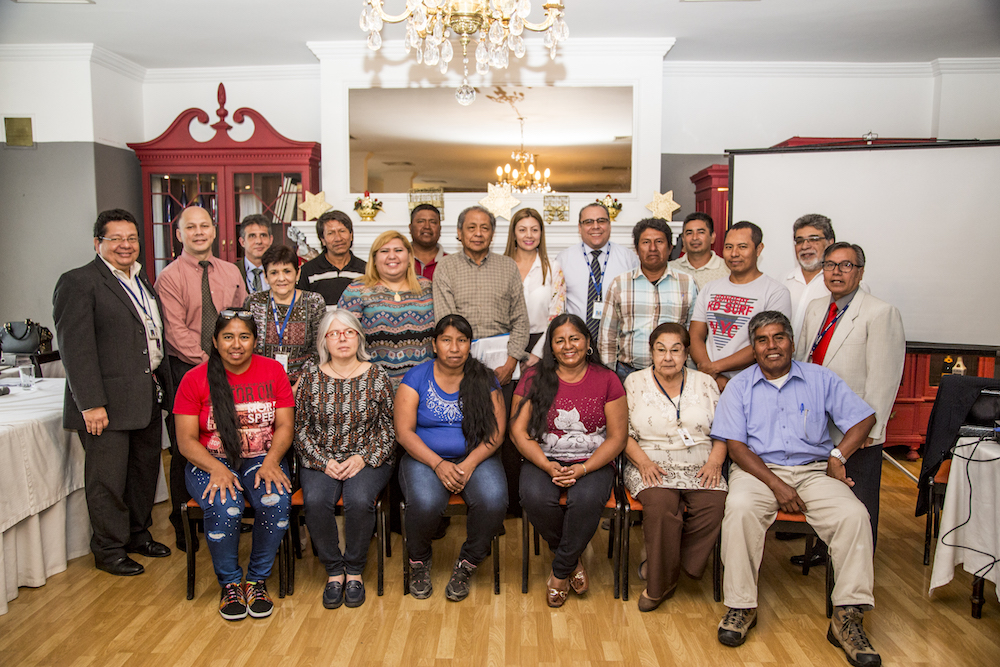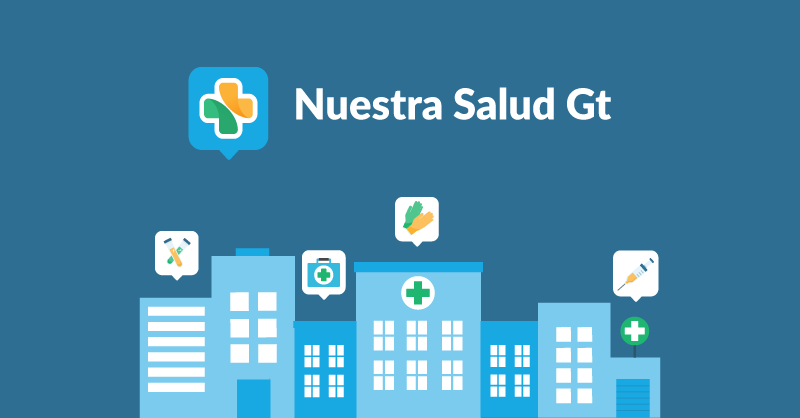News
January News 2021
Currently @ LATINNO
The new Covid-19 strains detected in the United Kingdom, South Africa and more recently in Brazil have aggravated the ongoing pandemic. Governments around the world are struggling to contain the spread of the virus and its new variants, and are imposing more restrictive measures facing second and third waves.
In Latin America, the already fragile health systems continue to face a fierce pressure, which has led to a scarcity of intensive care unit beds and oxygen supplies in some cities of Brazil, Mexico, and Peru. However, the arrival of the Covid-19 vaccines has brought some relief to the region. Several countries like Mexico, Brazil, Argentina, and Costa Rica have initiated vaccinations, prioritizing health care workers and the elderly population.
The Covid-19 crisis has reminded us all of the critical importance of strong and effective healthcare systems. Our first newsletter of 2021 is dedicated to this belief, focusing on democratic innovations that seek to improve the quality and scope of health care institutions and providers in Latin America.
FEATURED CASES:
Health System Observatory of the Dominican Republic - Dominican Republic
The Health System Observatory of the Dominican Republic has the task of monitoring and evaluating the country’s health system, including its scope, sources of funding and effectiveness. The results are published regularly on the observatory’s website. It was set up by the Plenitud Foundation with support from the Inter-American Development Bank (IDB) and university institutions linked to the Latin American and Caribbean Health Observatory.
Through the use of indicators, the main task of the observatory is to analyze and assess the quality of the health system and services in the country. This initiative also promotes collaboration between health actors and provides information with the aim of improving the performance of the national health system.

National Council of Indigenous People's Health - Paraguay
The National Council of Indigenous Peoples’ Health was developed by the indigenous organizations present in the validation process of the Indigenous Health Law Project. It was formally created through the approval of the Indigenous Health Law of 2015. The Council is autonomous and it is formed by a representative of each of the 19 indigenous communities in Paraguay, who are chosen according to the participatory mechanisms of the indigenous peoples.
The Council’s objective is to formulate, implement and monitor the health plans coordinated by the national authorities. In addition, the Council has to be consulted before the approval and implementation of specific policies, plans and projects of the National Health Directorate of Indigenous Peoples. Recently, the World Health Organization initiated actions to provide technical cooperation activities to the Council.

Municipal Health Boards - Bolivia
The Municipal Health Boards are participatory spaces for intersectoral deliberation and were created in the frame of the Family, Community, and Intercultural Health Policy with the aim of drafting local health strategies, including the Annual Operational Plan. Participants include members of the Local Health Boards, the Municipal Health Council, health service staff, social health organizations, nongovernmental organizations, and other social and institutional actors.
The boards also approve and validate the Municipal Health Strategy, and monitor and evaluate the implementation of other local health programs. The Health Boards were implemented throughout the country, and they meet three times a year to discuss health management in the municipalities.

INNOVATIONS AGAINST COVID-19:
Our Health Gt - Guatemala
“Our Health Gt" is an electronic portal that aims to monitor and collect systematic data on the actions and use of public resources by the Guatemalan Ministry of Health to address the Covid-19 pandemic. Citizens can access data and information on: hospitals, medical supply, public procurement, priorities, budget, and authorities. The participatory mechanism of this initiative is based on the implementation of a website for citizens to make online complaints regarding any anomaly in the use of public resources for the pandemic. The objective of this initiative is to promote transparency and accountability in public health spending.

